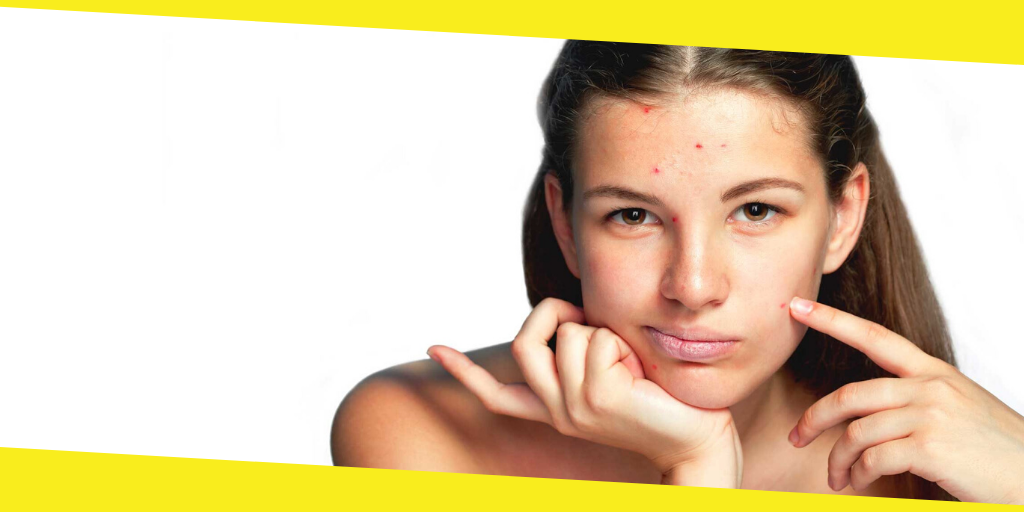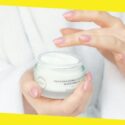7 Must-Know Facts About Acne

Acne is characterized by spots or pimples on different parts of the body like the shoulders, chest, neck, face, upper arms, and back. Since the manifestation of this condition is clear for everyone to see, it can taint your appearance and therefore affect the self-confidence of sufferers, especially adolescents according to this study from the Journal of the American Academy of Dermatology. This being a common disease, thousands of posts have been written about it, each describing the symptoms, causes, and treatment. As a result, there are some popular fictions about this disease. The first step towards acne treatment is understanding what the condition is, what triggers it, and the proper skincare therapies to use. The following is a list of the seven facts you must know about acne.
-
Overproduction of Skin Oil Causes Acne
Sebum is an oil made by the sebaceous glands which moisturizes and protects the skin. Excess production of sebum is considered to be a leading contributor towards acne. When excess sebum mixes with dead skin cells, it can form a plug which blocks the hair follicle and results in the ideal conditions for acne to form. The bacterium Cutibacterium acnes, found on almost everyone’s skin, flourishes in excess oil. This causes inflammation on the skin and creates pimples.
-
Over-Washing Your Skin Worsens Your Acne
Cleansing your skin more than twice a day may seem like the best treat to give your skin, but it can make your acne worse. In fact, it can be as bad as not cleaning at all. Over-washing your skin strips away the essential oil your skin needs to maintain a supple feel. Too much washing also breaks down the acid mantle, a protective coating over the skin made of oil, sweat, and good bacteria. A healthy acid mantle keeps the skin strong and healthy while providing a barrier against bacteria. Avoid dry, red, irritated, and flaky skin by washing your skin no more than once or twice a day.
-
Skin Products with Oil Can Trigger Acne
The right amount of oil in the skin is good for people who are prone to acne. However, using skin products that contain oil can also act as a trigger. Heavier oils are known to exacerbate acne since anything that provides a barrier on your skin traps bacteria within the pores. This provides the ideal environment for C. acnes bacteria to thrive.
-
Short Exposure to The Sun Clears Acne
Small doses of sun exposure is beneficial for most acne sufferers, as found in this study. The sun makes the skin look clearer as it dries some of the acne. The sunlight also has an anti-inflammatory effect, which reduces the redness on the skin. It is important to note that the sun suppresses the immune system. As a result, the immune cells in acne – the cells that create redness, will also be suppressed. You can bask for around 30 minutes to enjoy the antiseptic effects of the UV rays on bacteria.
-
Acne Occurs at Any Age
While there’s no doubt that acne disproportionately affects adolescents, age is not always a significant factor. The breakout starts during the hormonal changes caused by puberty between the ages of 10 and 13. The condition continues to worsen as you grow above 13, and your skin becomes oilier. Acne in teenagers usually lasts for five to ten years and tends to go away in their early 20s. However, the condition might also reoccur in your 30s, 40s, and beyond. The cause of the breakout is the only thing that changes.
-
There Are Different Types of Acne
Acne can form several kinds of skin blemishes, each with a distinct symptom and appearance. The types of acne include whiteheads, blackheads, pustules, papules, and cystic acne. There is also a different acne treatment for each type.
-
Workouts Can Cause Acne Breakouts
Although your body benefits when you exercise, workouts may negatively affect your skin and promote acne. Typically, when you exercise, the skin produces more oil and sweat. This clogs pores and causes breakouts on the skin. Although workouts are not the leading cause of acne, poor hygiene after workouts increases the chances of contracting the condition.
You may like this
Recommended For You
What’s the Perfect Beard Oil Kit?
Most Inside
Most Inside offers high-quality recommendations and valuable updates to enhance all aspects of your life, providing premium guidance and enriching experiences.




